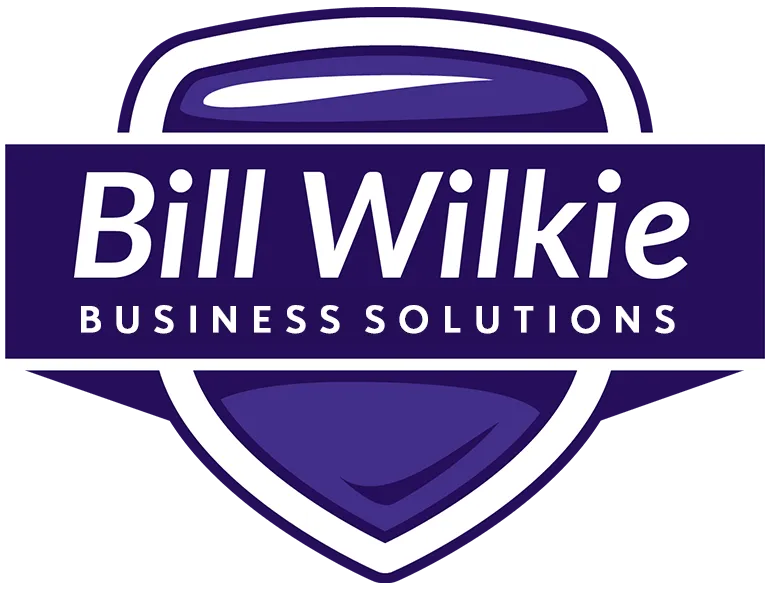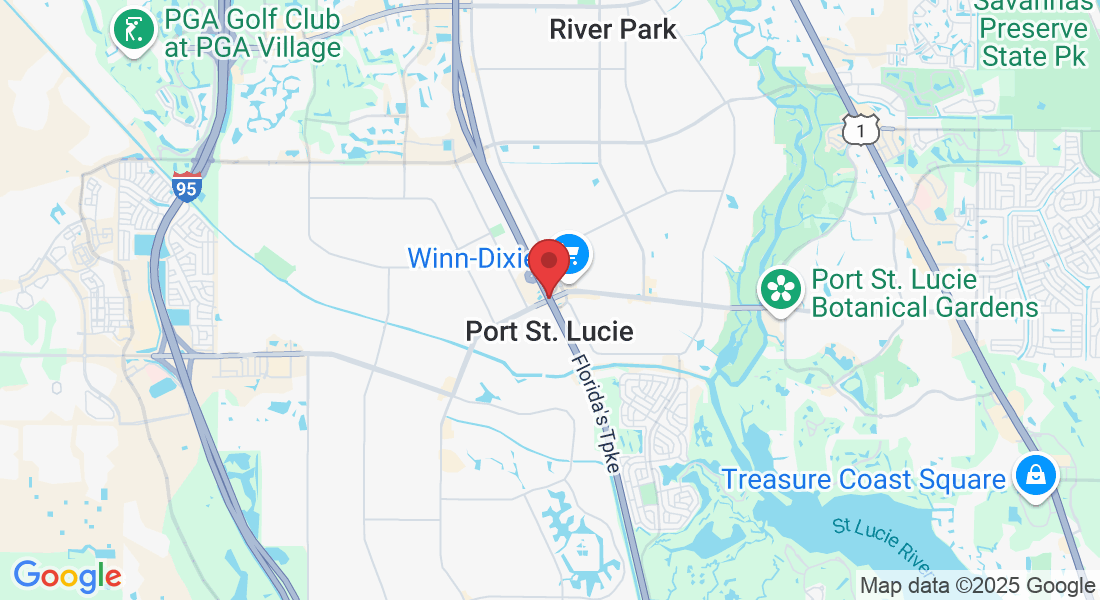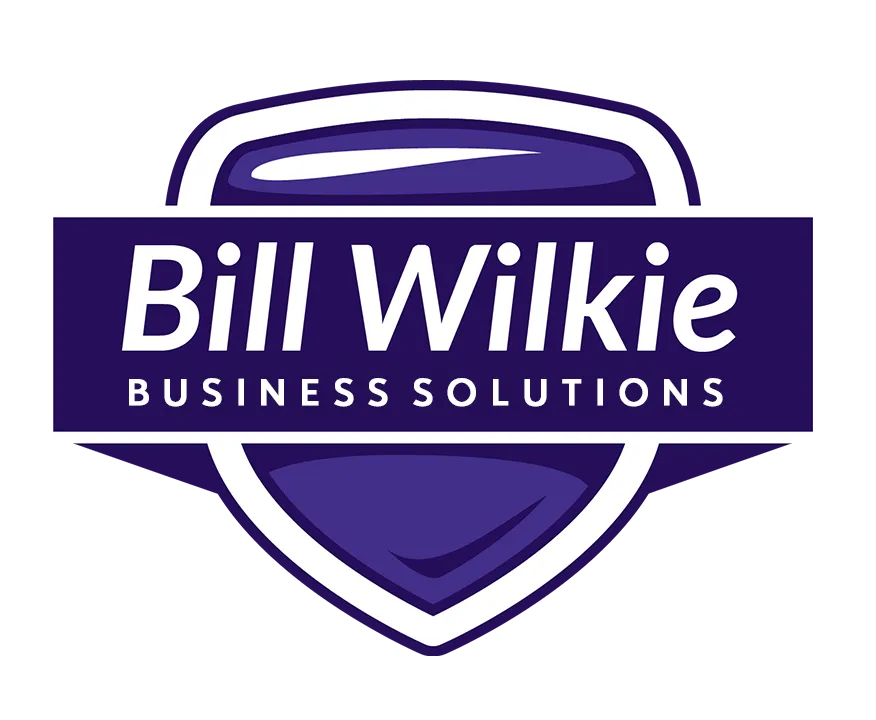
The Financial Alchemy of WIMPER: Turning Payroll Tax Liabilities into Health Benefits
The WIMPER program is a revolutionary strategy that enables businesses to convert payroll tax liabilities into tangible health and wellness benefits. In an era where operational costs continue to rise, employers face an urgent need to optimize expenditures without compromising the well-being of their workforce. WIMPER achieves this goal by leveraging four critical components: a Section 106 Wellness Plan, a Section 125 Cafeteria Plan, a Section 105 Self-Insured Medical Reimbursement Plan (SIMRP), and a qualified health plan.
Payroll expenses often represent one of the most significant cost burdens for employers. Traditional methods of mitigating these costs offer limited flexibility and minimal long-term value. WIMPER addresses this challenge by introducing a synergistic framework that combines pre-tax benefits with self-insured medical reimbursements. The Section 106 Wellness Plan enables pre-tax deductions for wellness initiatives, offering a tax-efficient mechanism to promote employee health.
Simultaneously, the Section 125 Cafeteria Plan allows employees to allocate pre-tax earnings toward selected benefits, reducing taxable income for both parties. This process introduces a form of tax arbitrage, wherein employers achieve measurable savings while maintaining compliance with regulatory standards. By integrating the Section 105 Self-Insured Medical Reimbursement Plan, employers can reimburse qualified medical expenses on a tax-free basis. The meticulous design of SIMRP includes actuarial adjustments, administrative protocols, and fiduciary oversight, ensuring that reimbursements remain compliant with legal frameworks.
Finally, the inclusion of a qualified health plan ensures adherence to ACA requirements, mitigating risks associated with employer-shared responsibility penalties. Together, these components create an immediate return on investment for employers by reducing payroll expenses and enhancing employee satisfaction.
WIMPER represents a financial transformation, converting fixed liabilities into value-driven outcomes. By strategically aligning tax provisions with employee wellness, businesses can optimize their financial position while fostering a healthier, more engaged workforce.



